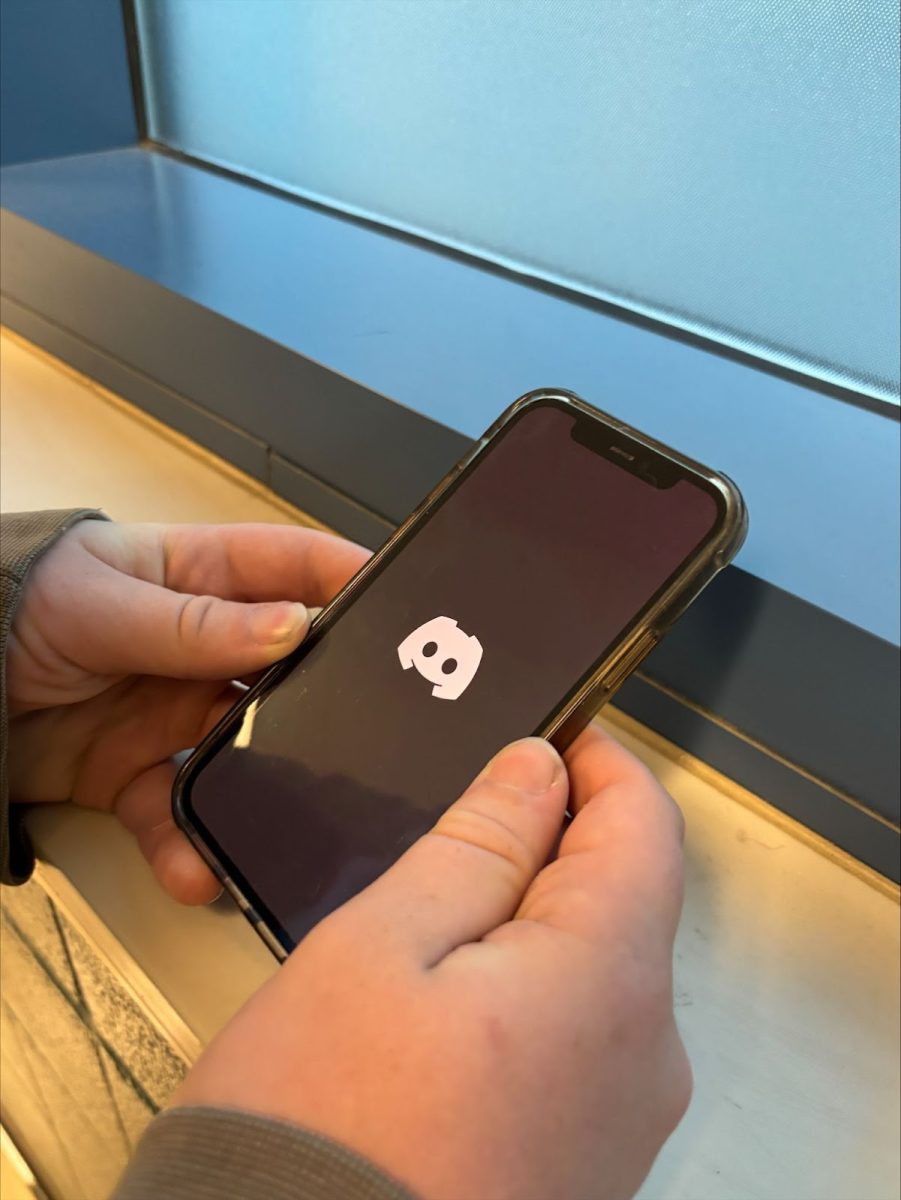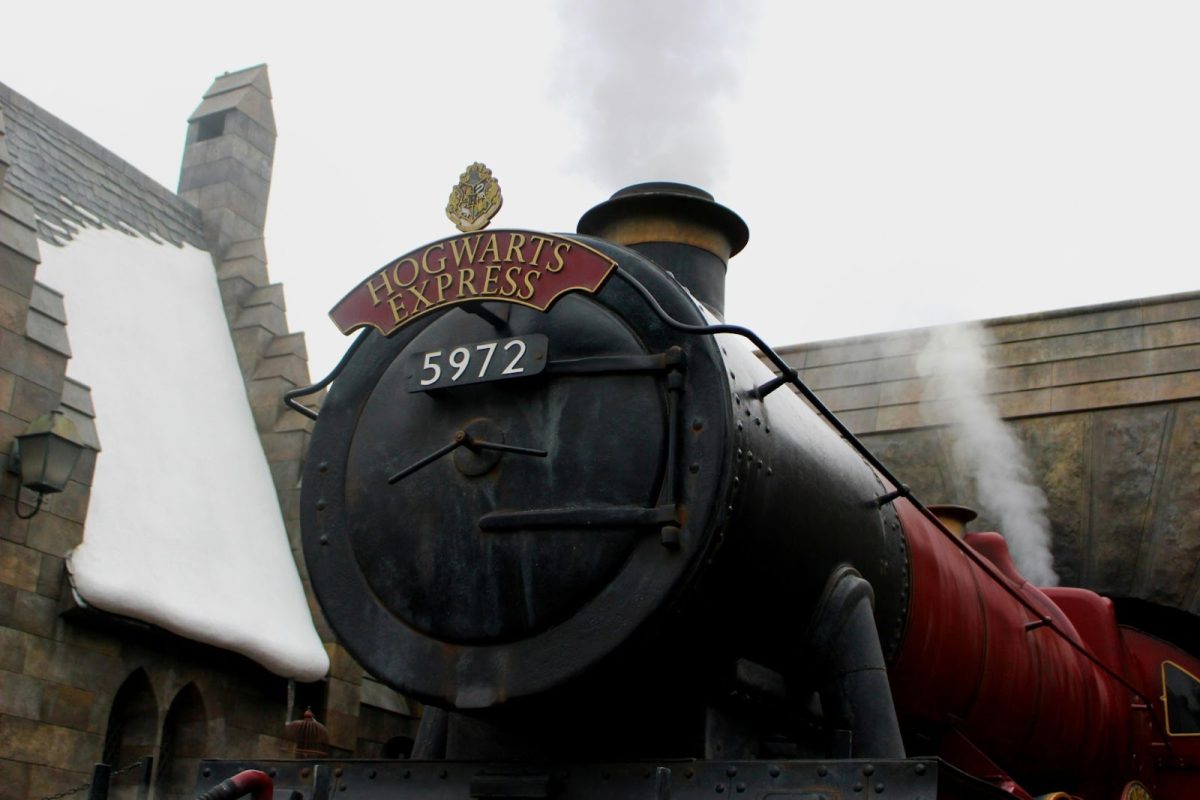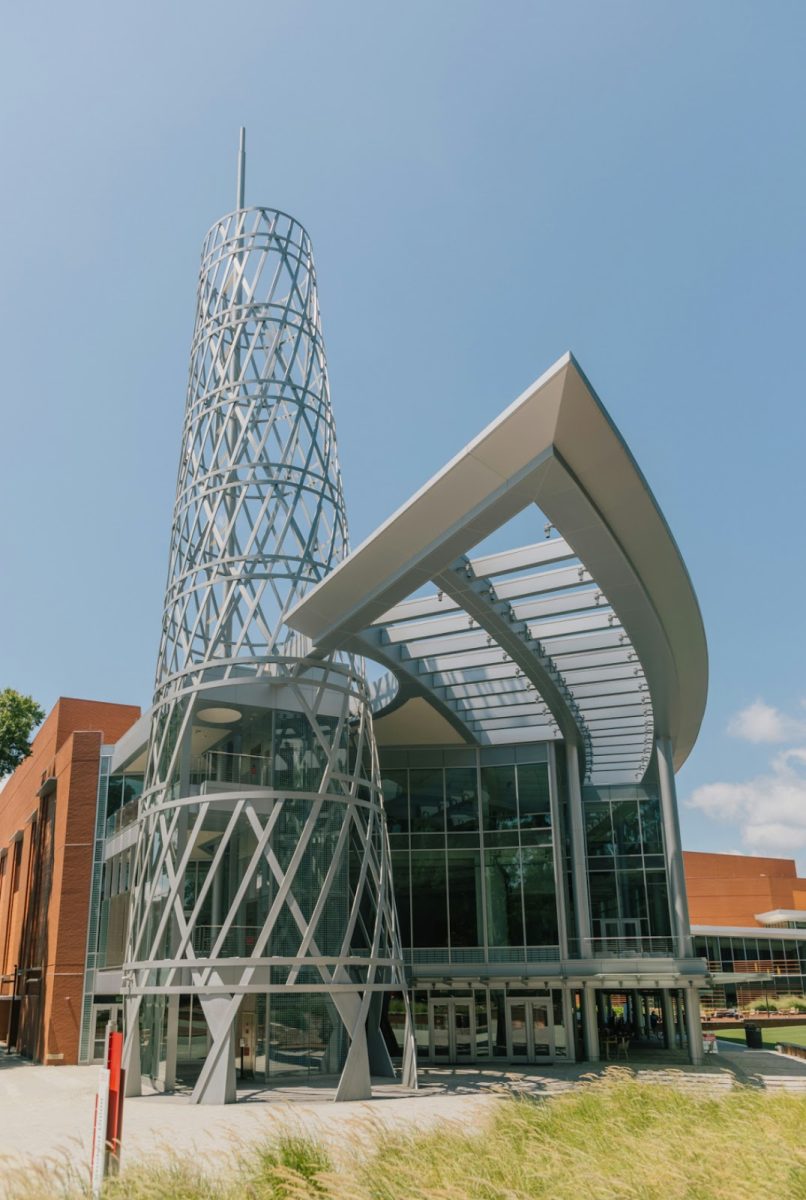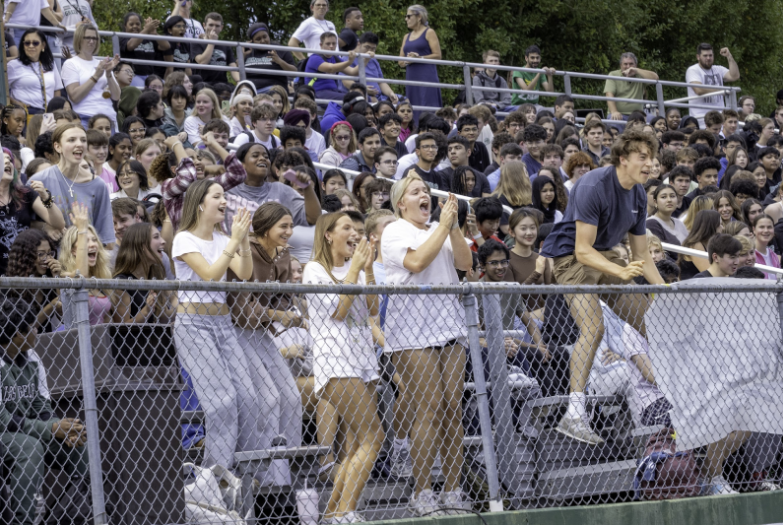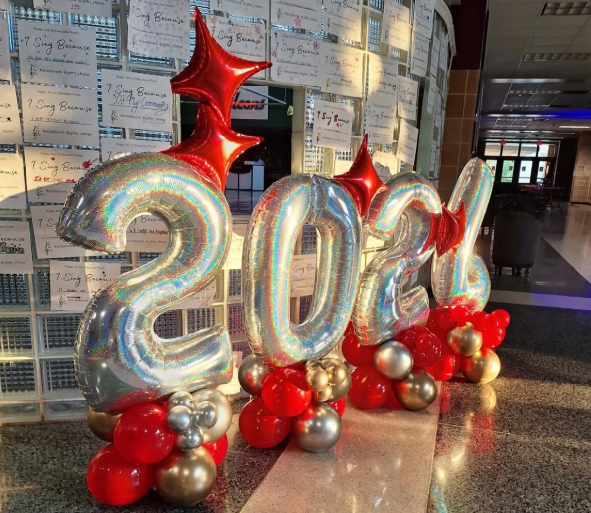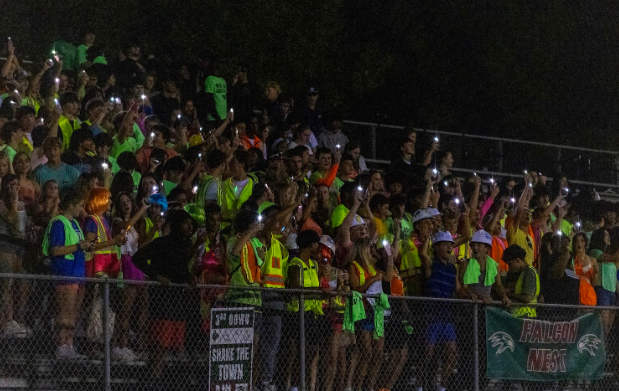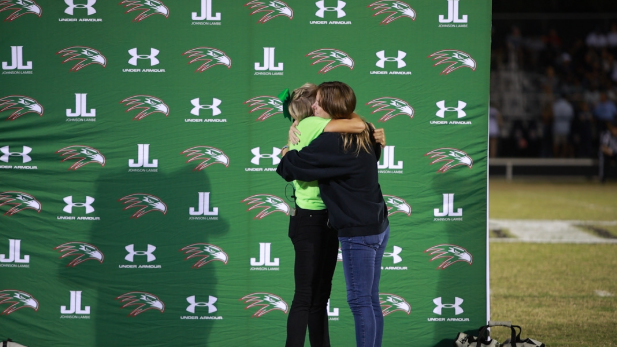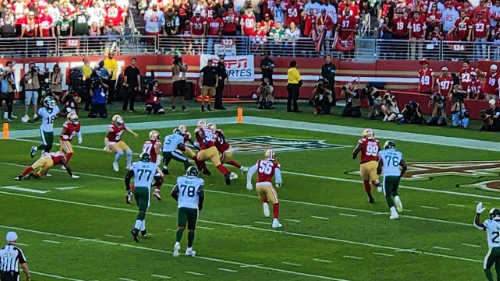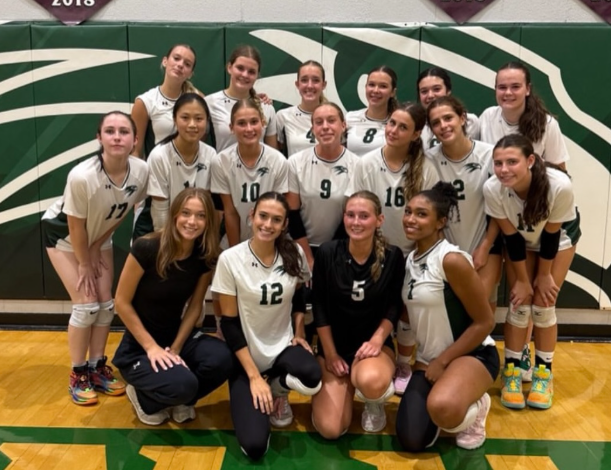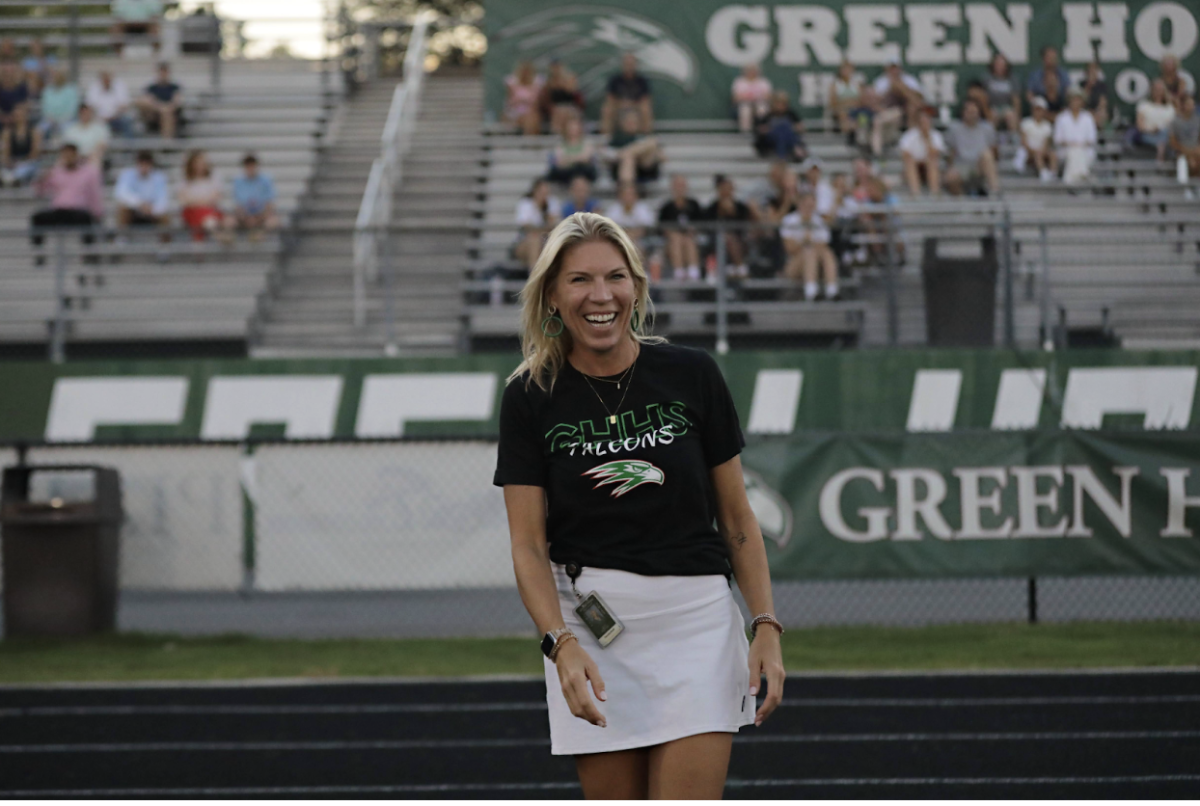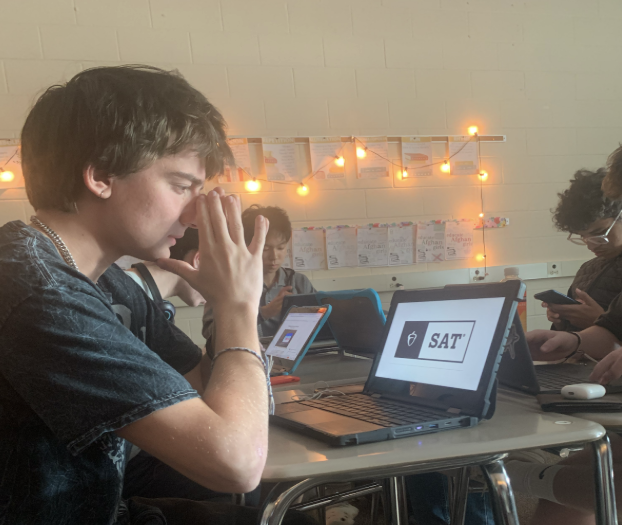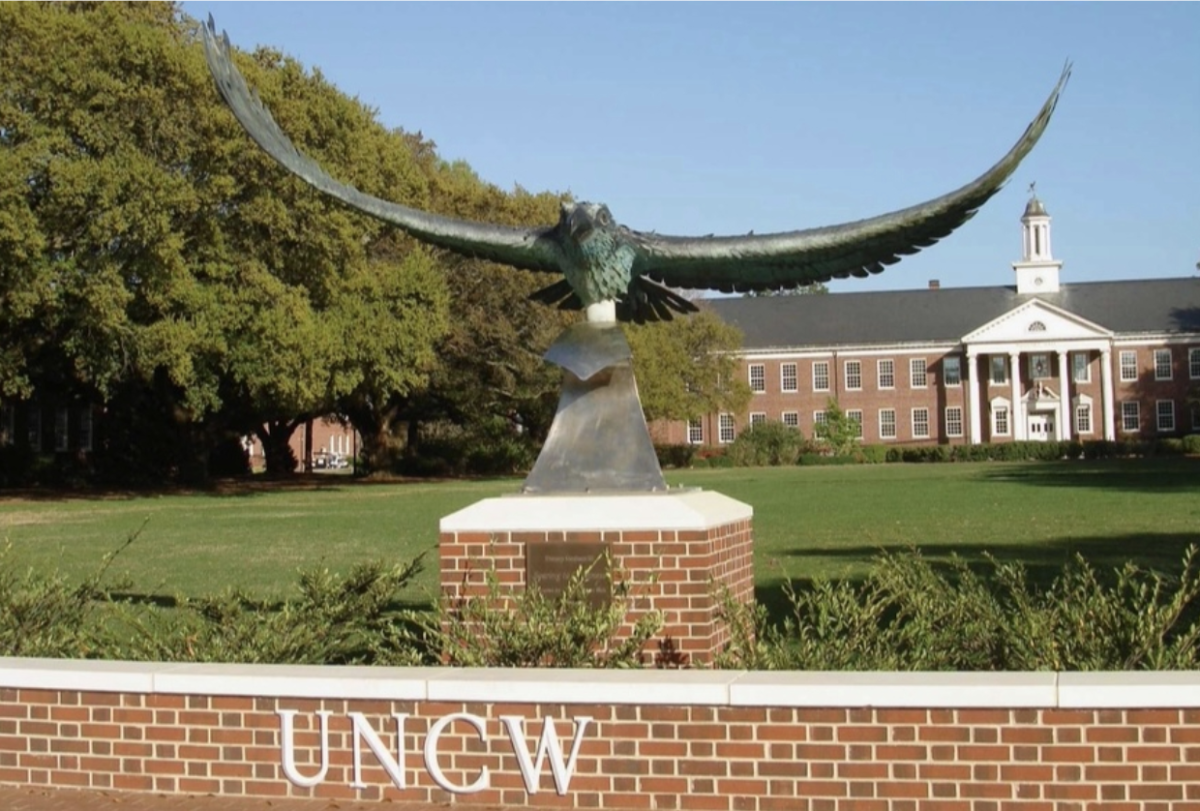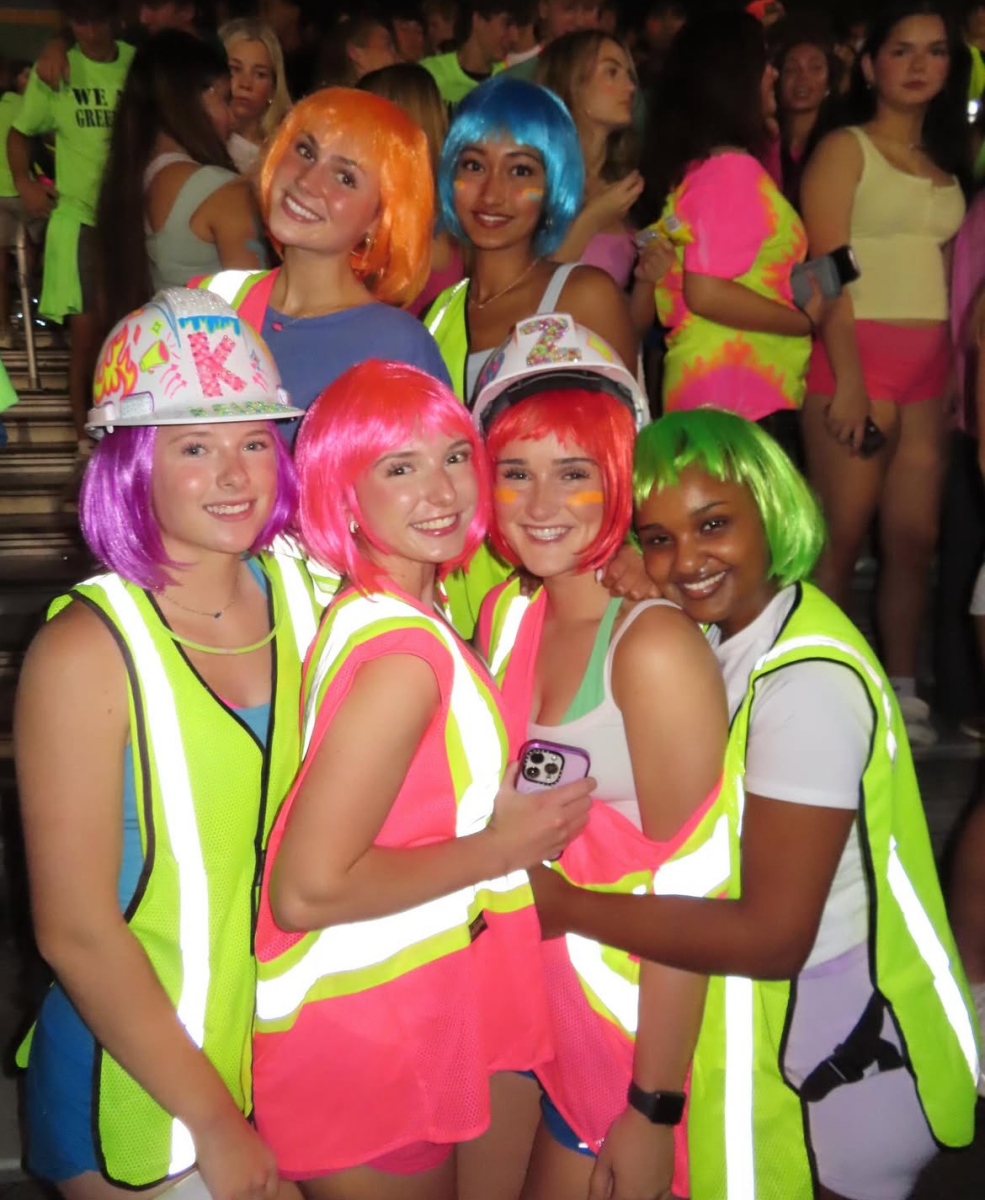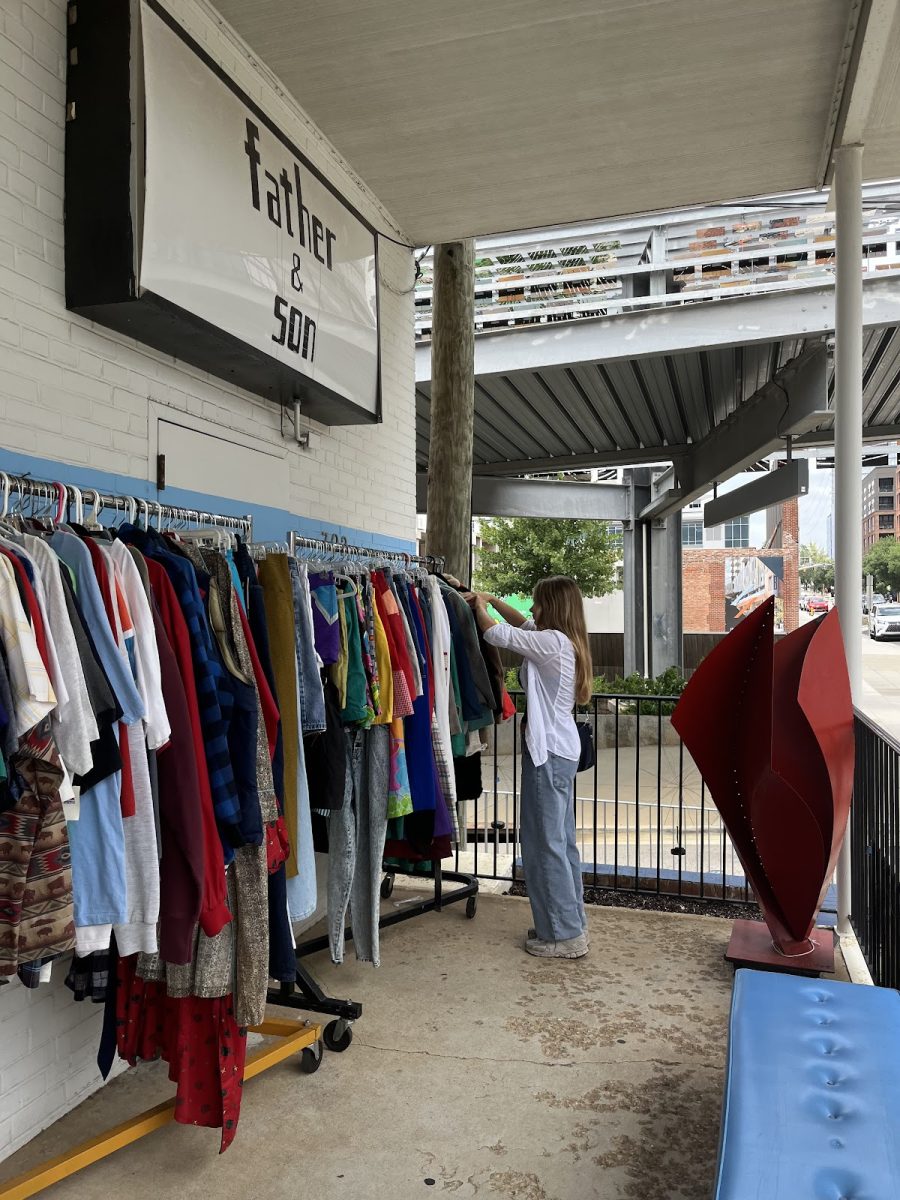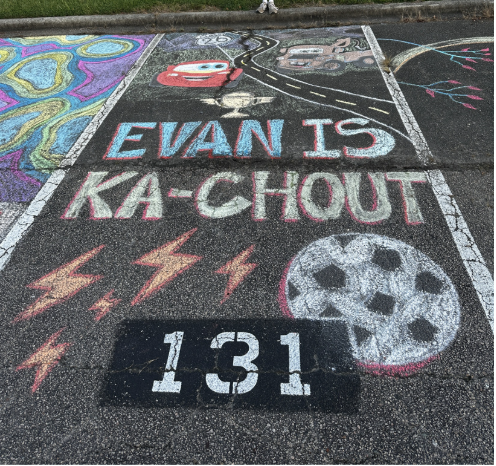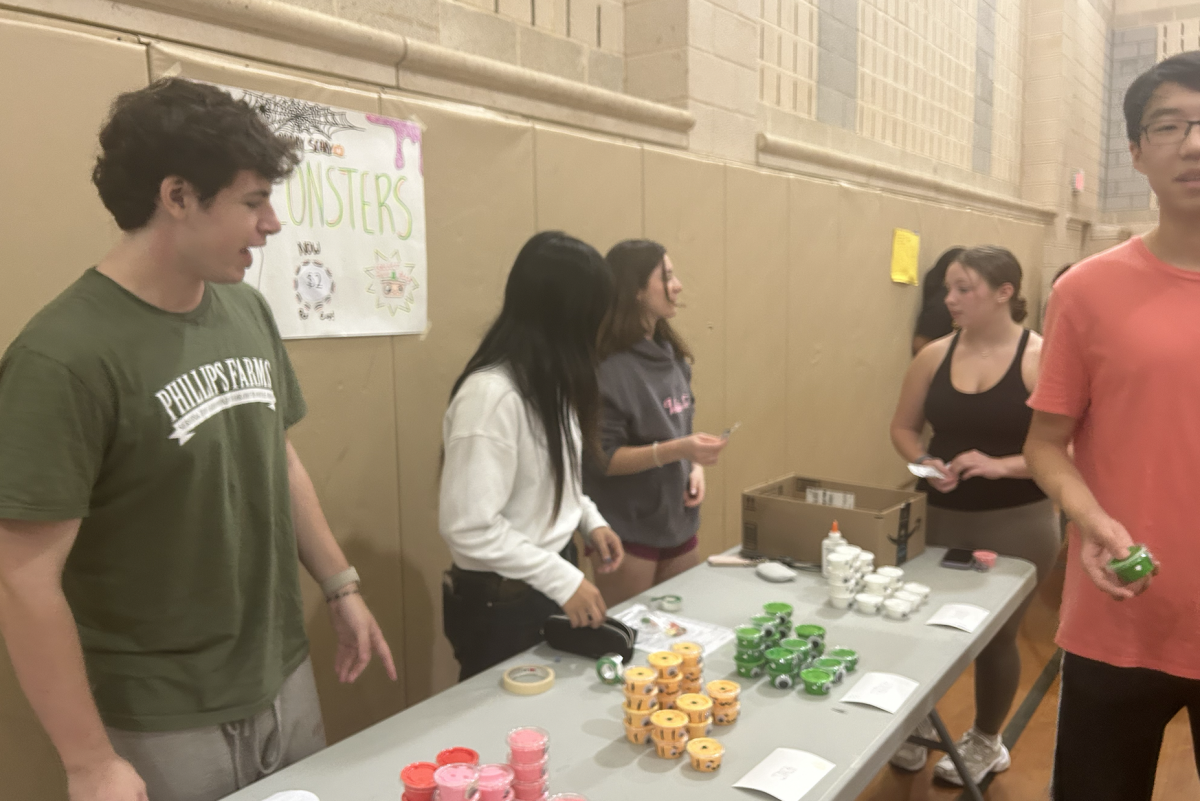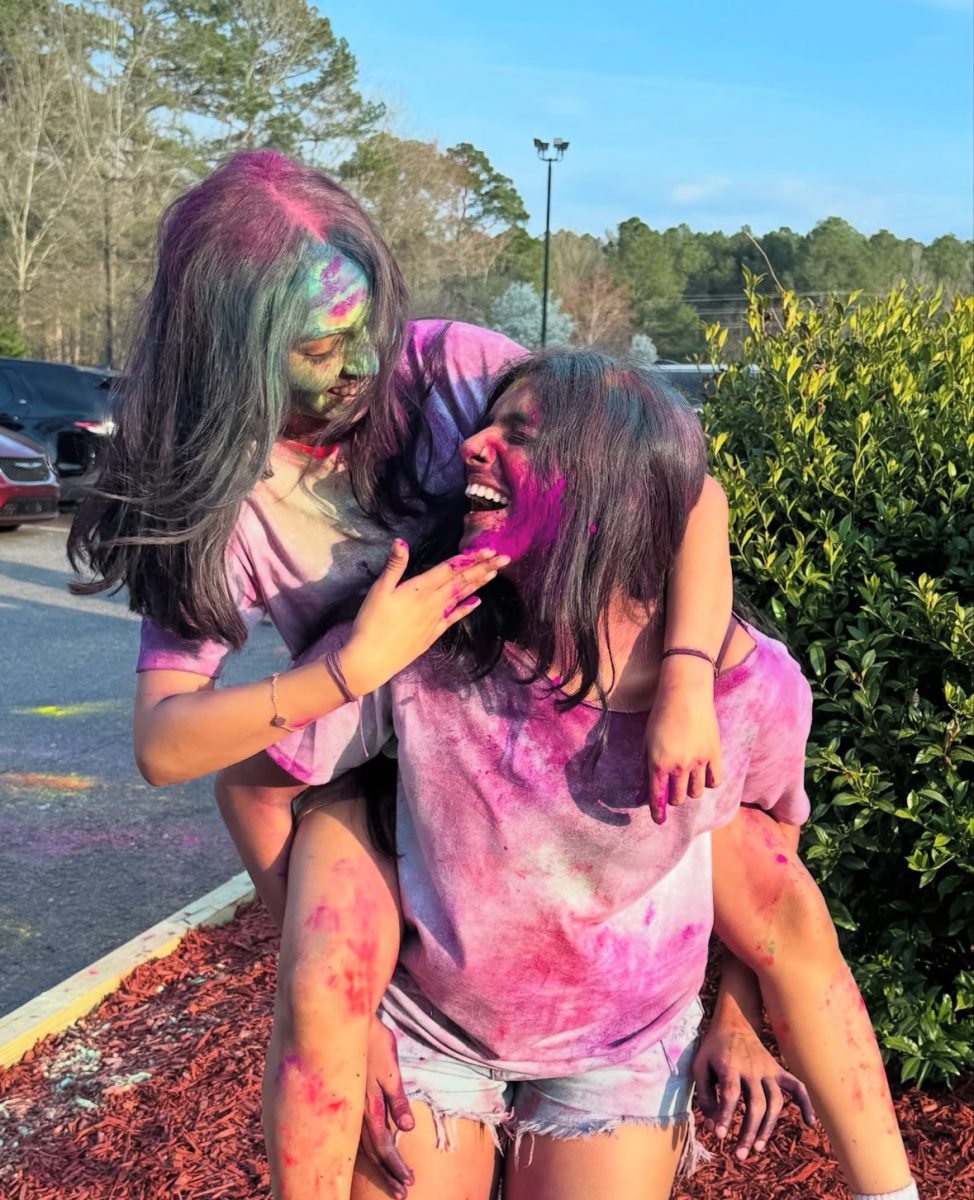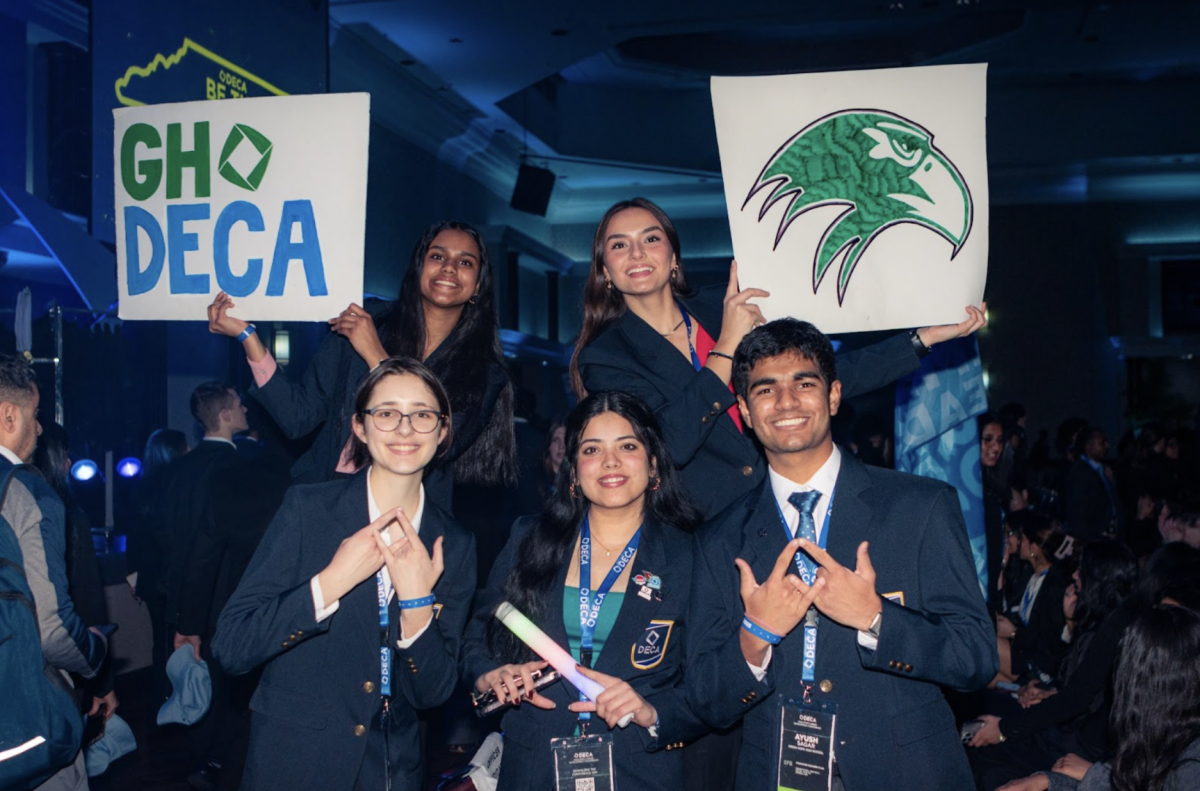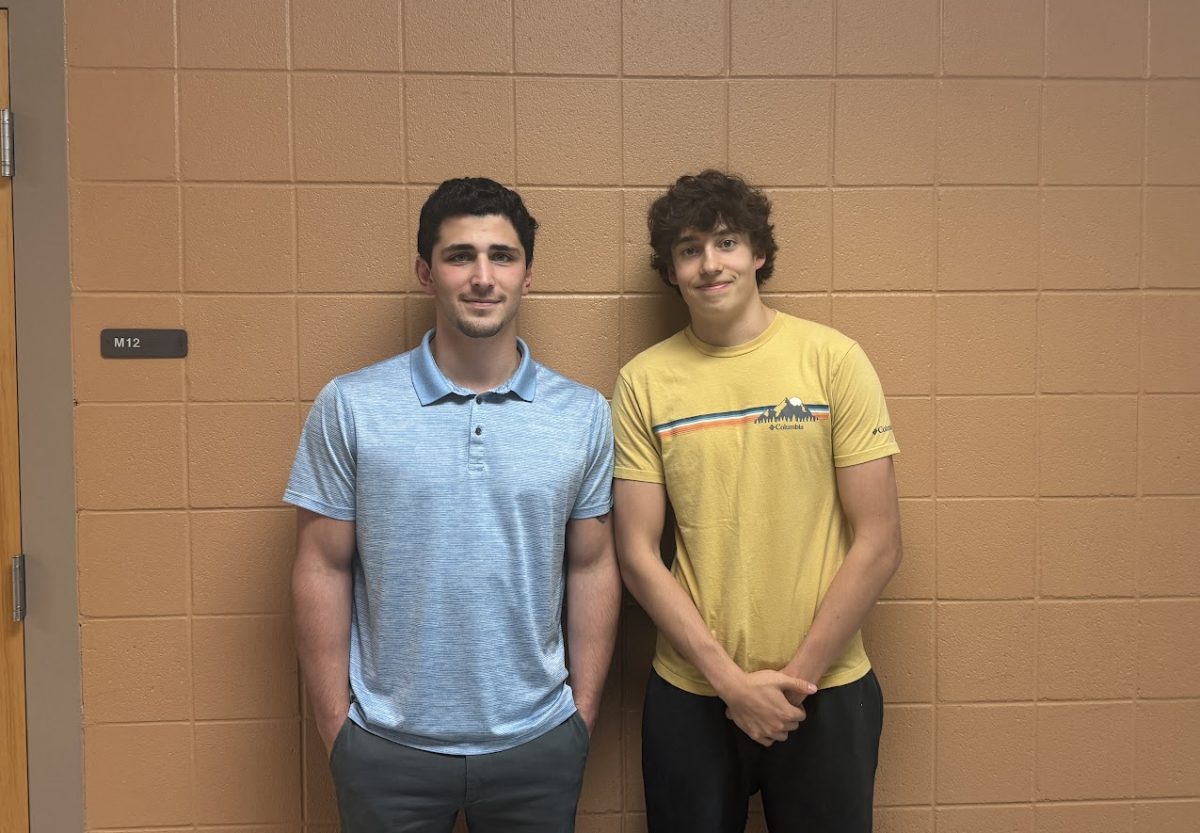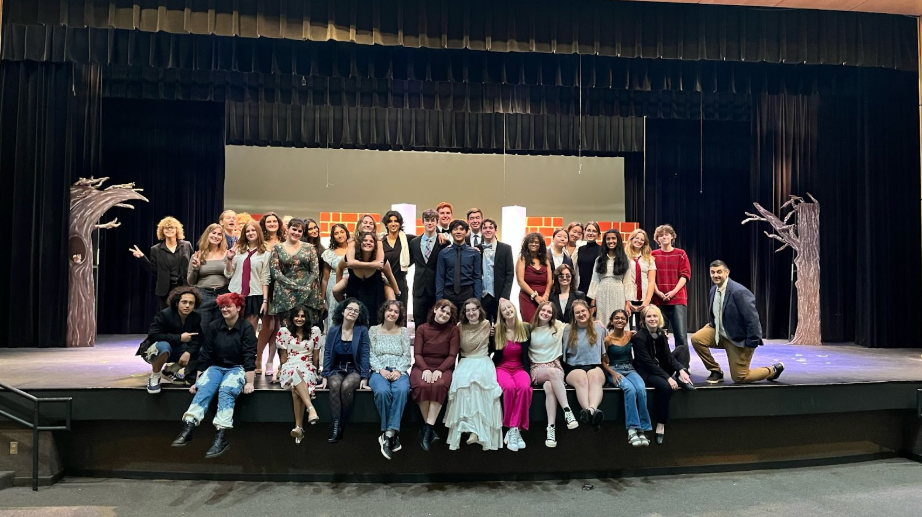At Green Hope, identities are not only built in classrooms, but in the communities students choose to build. This year, Green Hope offers over 130 clubs, giving every student an opportunity to discover unique interests, compete in state and college-level conferences, go on a global-brigades trip, or exemplify the academic excellence of the school. High school clubs offer more than a full resumé, but also allow people to network in ways that engage their passions, develop leadership skills and build formal relationships with their peers.
Green Hope’s club atmosphere contains an ample amount of community service clubs dedicated to helping our community grow through initiatives like writing letters for senior citizens, offering to clean teachers’ rooms and spreading awareness about local events. Some clubs are committed to an established cause, including 4Kidz, Care To Care NC, and Carolina for the Kids Club. These clubs offer students a chance to gain volunteer hours, learn more about advocacy and spend time resourcing our community.
Niche interests that emphasize academic excellence could also promote recognition for students who have been dedicated to their schoolwork. Honor Societies and other service-oriented clubs allow students to collaborate with their peers through debates, discussions, presentations and other events tailored to their interests. Ms. Darden has been the advisor of Green Hope’s American Red Cross Club for multiple years and discusses her opinions on Green Hope’s club culture. She says, “If all of you are coming together with a common goal, and have the same viewpoint, you’re able to form meaningful relationships with each other little by little, and strengthen our school.”
Some other popular clubs at Green Hope include Career and Technical Student Organizations (CTSOs). CTSOs like DECA, HOSA, FBLA and SkillsUSA are popular among students who want to compete at regional and state-level competitions for several different events aligned with their skillset. These clubs provide more real-world opportunities for students to apply their knowledge about their desired career path or career skills in competitive atmospheres.
Although most club initiatives are student-led, they would not be possible without administrators and advisors supporting them. Assistant Principal Mr. Ro, in charge of club approvals, stated that clubs offer so many different ways for students to get invested in school past academics. He further tackles the extensive new clubs list with positivity. “I think the biggest reason to combine clubs is not because we don’t want more of them, but because if we have three groups trying to start at the same time, and are very similar, they’re going to split the interest potentially,” he explains. “I think the important thing for me is if we represent what our students want to do, and give them a good opportunity to do that.”
In all of its vibrance and variety, Green Hope clubs allow students to be a part of something bigger than themselves. Overall, every club provides students with more potential and purpose to pursue an interest with people who hope to achieve the same goal.


